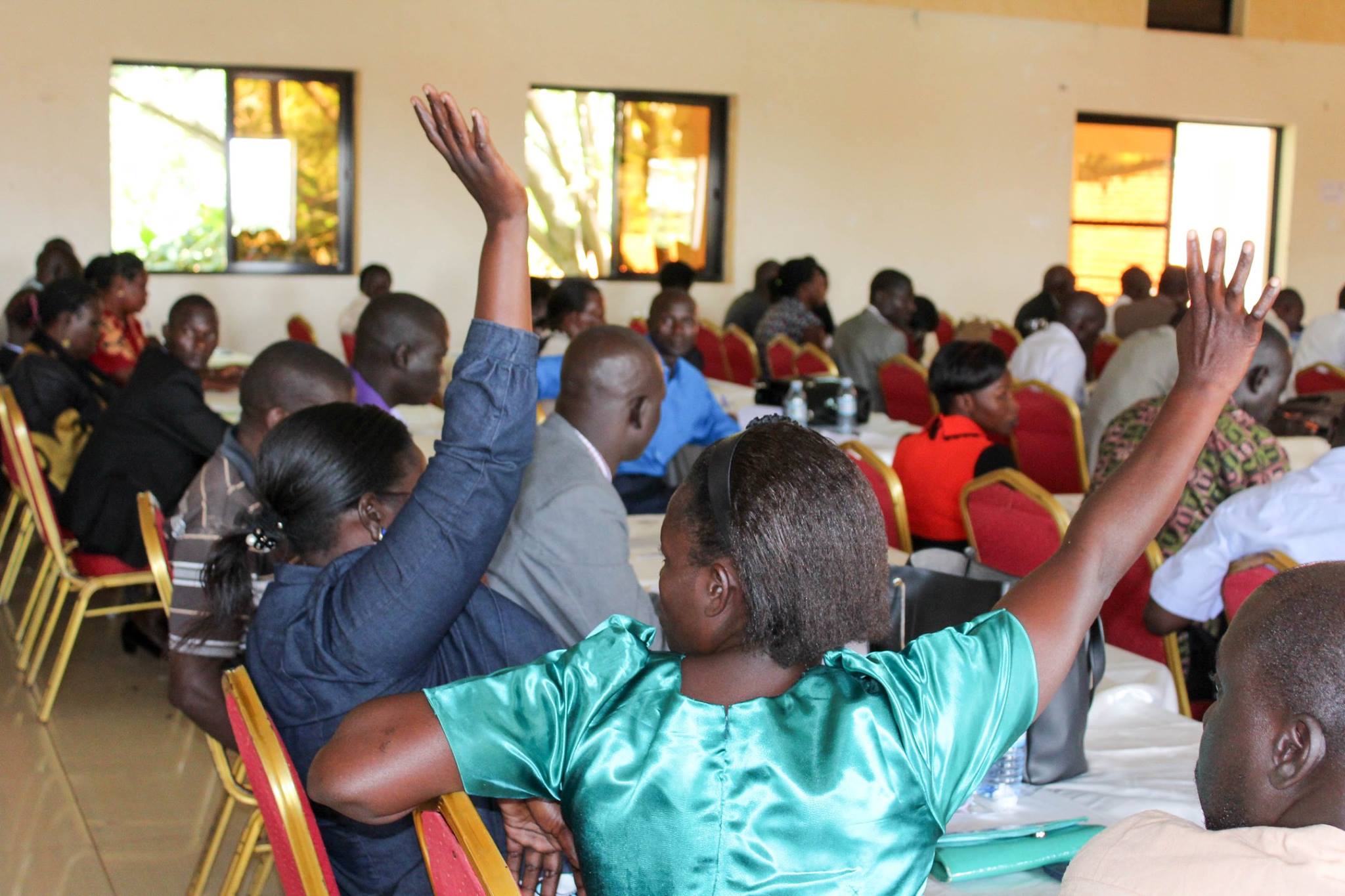
A KIX Africa 19 Hub meeting on November 1, 2023, brought together KIX focal points and representatives from Eritrea, Eswatini, Lesotho, and Nigeria to share evidence on the issues of teacher education, job satisfaction, and retention in their countries. The meeting followed the UNESCO IICBA Executive Education and Policy Academy course for KIX focal points in which focal points were provided with technical assistance on designing, conducting, analyzing, and using research for policymaking.
Eritrea's Perspective on Addressing Female Teacher Attrition
Sarah Tekle, an Education Officer from the UNICEF Country Office in Eritrea, underscored the urgency of addressing this issue, stating: "We just wanted to see how we can retain and also encourage female teachers in the system and also [have them serve] as role-models for our students at large." Tekle explained that Eritrea is seeking to learn from global best practices and integrate effective strategies into their upcoming education policymaking engagements by the year’s end.
Nigeria: Examining Teacher Training in the North Central Zone and the Call for Need-Based Curricula
Dr. Claris Ujam, from the Nigerian Federal Ministry of Education, shared insights from her research on institutional practices in teacher training institutions in Nigeria. Her research emphasized the need to align teacher education with national goals, stating, "The outcome of the research is also helping us in the Ministry to understand the way to go… developing a curriculum that is need-based and focused on the learners." Ujam also highlighted the importance of providing adequate support for pre-service teachers, acknowledging the need for “empowering pre-service teachers to have compassion, empathy, and given opportunities to struggle and fail” to eventually be successful and develop their own mindset.
Eswatini: Evaluating Teacher Job Satisfaction, Proposing Policies, and Unveiling Gender Dynamics
Dr. Phumzile Magagula’s in-depth study on teacher job satisfaction in Eswatini illuminates substantial challenges faced by educators, particularly in rural areas. Through a qualitative case study, Magagula, from the Ministry of Education and Training of Eswatini, shared policy recommendations such as fortifying principal competence, offering tangible incentives for teachers in rural areas, closing amenity gaps, and acknowledging exemplary teachers. Emphasizing the significance of tangible incentives, Magagula stated, "The results indicated that…things like even a certificate from the Ministry of Education for teachers that have performed very well, would motivate them."
Lesotho: Insights into Training, Self-Initiative, and Economic Influences
Dr. Makhube Ralenkoane of the Ministry of Education and Training of Lesotho shared insights into his ongoing study on primary school teacher disengagement in Lesotho. Ralenkoane underscored the importance of rigorous teacher training, noting positive engagement in Lesotho, where teachers work beyond regular hours. Despite emotional engagement, he observed a lack of self-initiative for professional development among teachers. He noted "Failure to deliberately prioritize teacher training may result with a large group of highly qualified teachers who failed to transmit to the learners."
The conversation concluded with a suggestion for a follow-up discussion on how research findings can influence their Ministries’ decisions on teacher motivation, retention, and job satisfaction.
